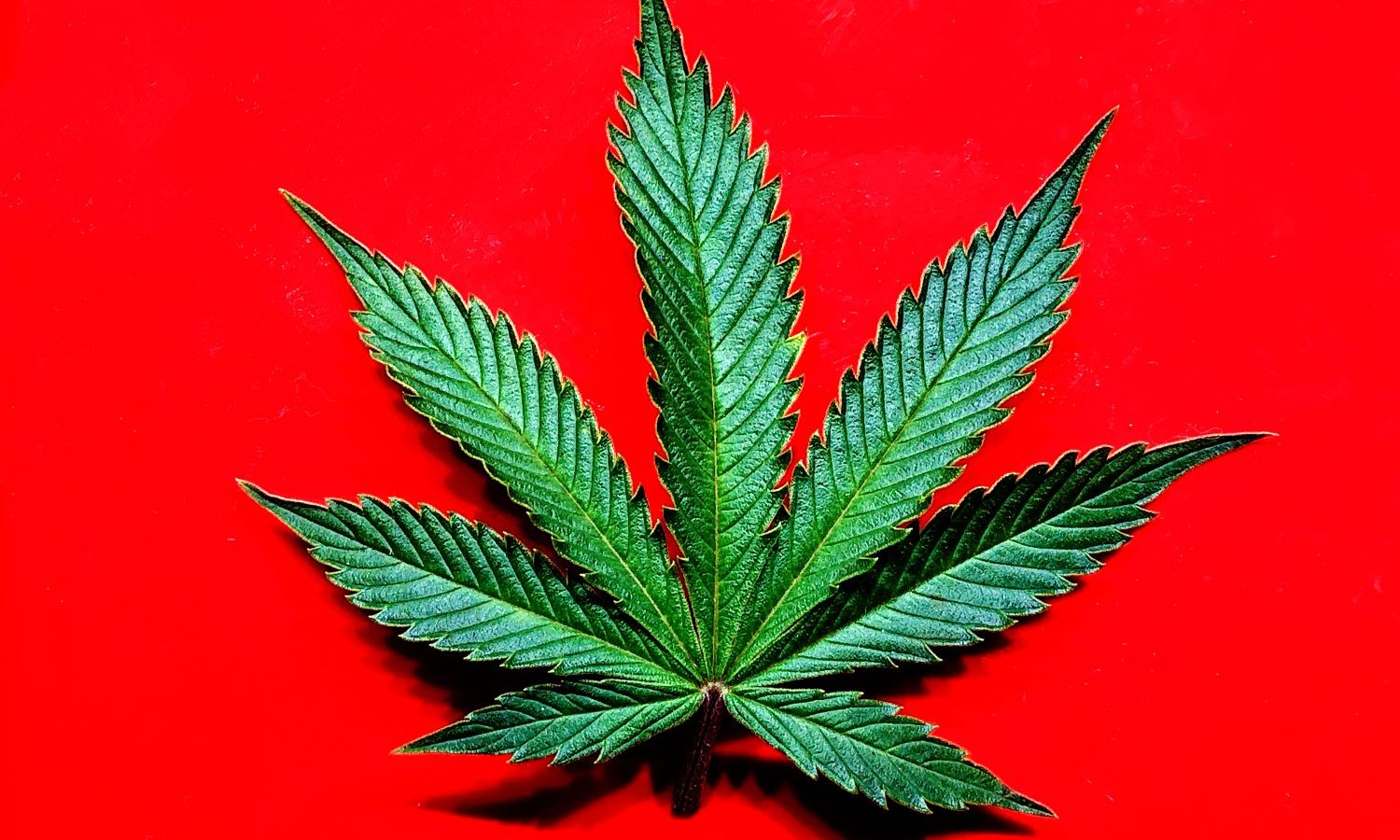Almost no one used marijuana before it was prohibited. Now, almost 100 years later, it is everywhere.
Disclaimer: The views expressed in this article solely belong to the author and do not necessarily represent those of The Fresh Toast.
As we used to say, back when we could still go to the movies, “This is where I came in. ”
In 1972, the first thing I ever wrote for publication was in the late William F. Buckley Jr.’s National Review on why conservatives should support the legalization of marijuana. It caused quite a stir. There it was on the cover: THE TIME HAS COME: ABOLISH THE POT LAWS.
The New York Times even wrote about it. So did Time (and again in 2015).
I was down the rabbit hole. So now, 49 years later, when I saw “There’s a Responsible Way to End the Federal Marijuana Ban. The key to any nationwide legalization is to “keep the free market out of it” by Ramesh Ponnuru, a senior editor for National Review, I just had to respond with Conservative Intellectual Wants To Keep Marijuana In The Black Market So “Problem Users” Won’t Be Such A Problem.
Even though he led with “The key to any nationwide legalization is to keep the free market out of it”, and that is not something one often sees in either Bloomberg or National Review, he explains that he only wants the government to control retail sales to prevent excessive commercialization that would encourage excessive use.
He has responded in the National Review with Marijuana and Black Markets.
Based on the work of the late Mark A. R. Kleiman, Ponnuru again explains that he didn’t conclude that marijuana should therefore continue to be prohibited. Instead, he argued that possession and use should be legal — “but that sales should be confined to nonprofits, user cooperatives and state monopolies.” What could possibly go wrong?
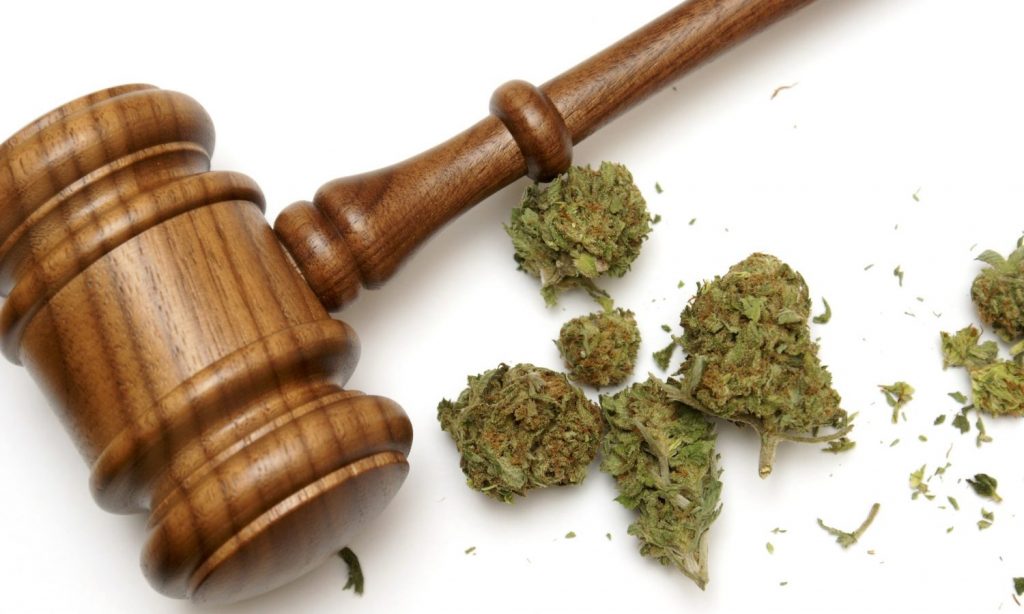
He explains, “Cowan disagrees with me in part because he does not think intensive users are a problem: He says they’re just people who use marijuana more than I think appropriate. That’s a glib dismissal of a real issue, one Kleiman wrote about in 2019.”
Yes, I knew Kleiman. We would meet cordially at drug reform conferences where we would agree to disagree. Too bad that is so rare these days. But he also told me that he played the Grateful Dead for DEA agents. I don’t think that worked either.
Kleiman based his concerns, accepted by Ponnuru, on what he called “Cannabis Use Disorder.” He never precisely defined it, so I will just assume that it applies to anyone who uses more cannabis than I do. Why not? That would be just as scientific as Kleiman’s “glib” generalities.
Kleiman also discussed at some length the fact that the average THC level has increased over the decades of Prohibition. He sees that as a problem.
SEE: How the Narcs Created Crack: Richard Cowan National Review 1986
SEE: The Iron Law of Prohibition
Let me tell you a scientific fact: The difference between 10% THC and 20% THC is one toke, and tokes are not all created equal. However, since there is no lethal level, one really can live and learn.
Kleiman also spent several long paragraphs considering all of the factors that determine its retail costs; too high and it would support the black market. Too low and it would encourage more use and hence the dreaded “Cannabis Use Disorder.”
But there have been no confirmed deaths from Cannabis Use Disorder.
RELATED: Study Finds Cannabis Use Disorder Declining Among Daily Users
However, according to the Centers for Disease Control and Prevention, “Excessive alcohol use is responsible for more than 95,000 deaths in the United States each year, or 261 deaths per day.”
But we are told we must reject the free market for something that doesn’t kill anyone. And can the people who arbitrarily set the price for cannabis then set the price for cabbage? Why not?
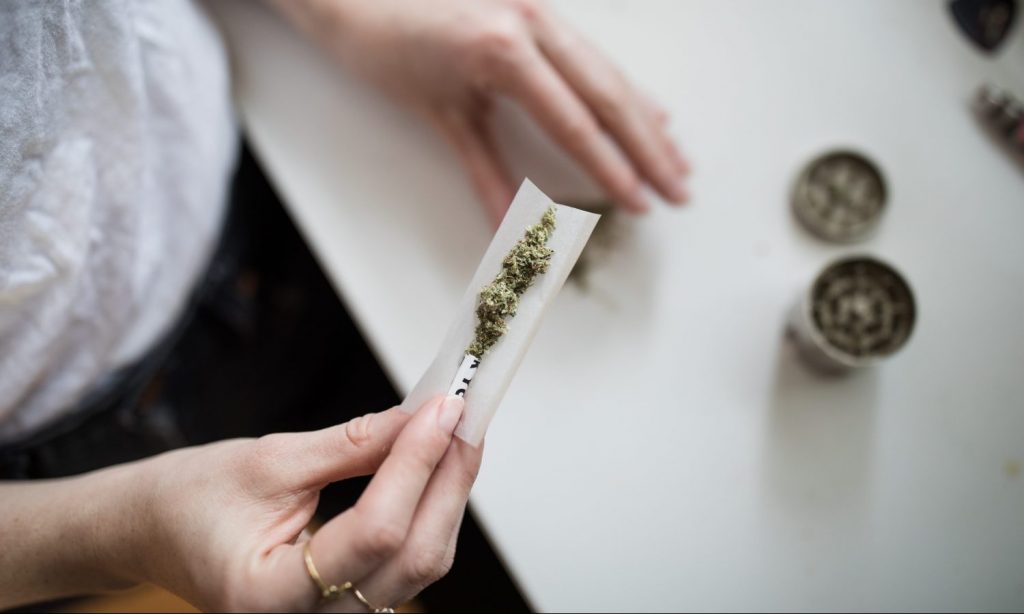
Ponnuru says, “The more important source of Cowan’s disagreement, though, seems to be a misunderstanding… He must be used to arguing about proposals to decriminalize marijuana possession and use while continuing to criminalize its sale and distribution. He treats the Kleiman idea as though it were identical to that one. He thinks I propose ‘keeping cannabis in the black market,’ which he says would both fail and continue to fuel organized crime in poor countries.”
“But I agree with Cowan that a large black market is a major problem with the current policy. The policy I wrote about would vastly shrink that market. It would not eliminate it, of course: No policy that (for example) leaves sales to minors illegal would. I live in a state, Virginia, where liquor is sold by the state government. It’s a set-up that has its pluses and minuses, and proposals are sometimes made to change it. Adherence to the law is far from perfect: I gather that underage sales, for example, still take place. But we don’t have anything like a 1920s-style black market in alcohol.”
As Kleiman describes them, places that sell marijuana are not at all like liquor stores. Oddly, he thinks that it’s bad for budtenders to tell their customers about their products.
But, according to the National Institute on Alcohol Abuse and Alcoholism, “In 2019, about 24.6% of 14- to 15-year-olds reported having at least 1 drink. In 2019, 7.0 million young people ages 12 to 20 reported that they drank alcohol beyond ‘just a few sips’ in the past month.” Do state liquor stores stop that?
So why wouldn’t destroying the traditional American commercial-style market prevent or reduce excessive marijuana use by some of the population? Because this is America, and look at our history (or yesterday’s news).
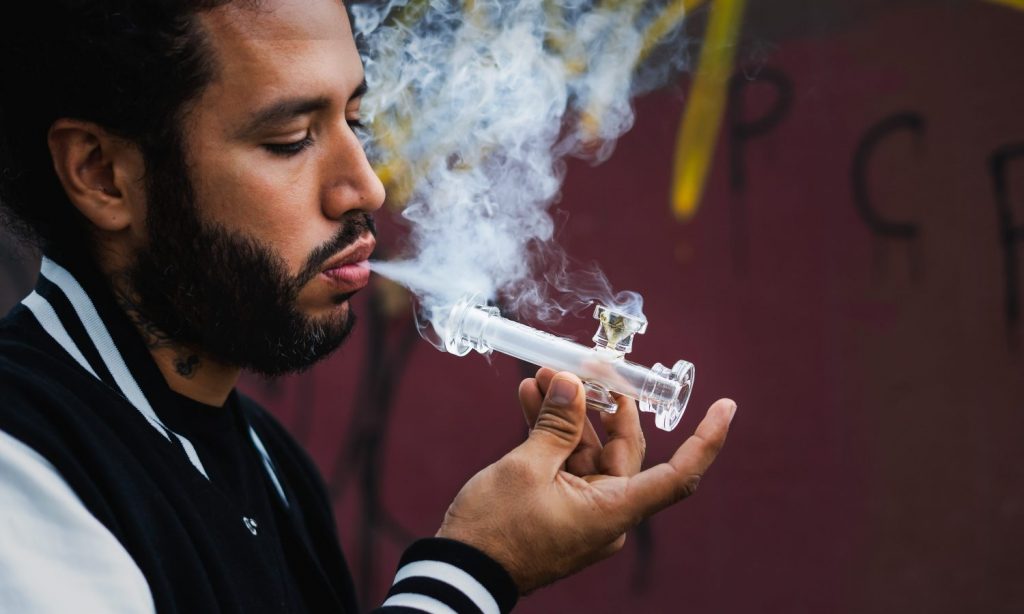
As I pointed out, almost no one used marijuana before it was prohibited. Now, almost 100 years later, it is everywhere. Really. It didn’t take Big Marijuana to make Acapulco Gold world-famous, and there may never have actually been such a thing, although I supposedly smoked it, back in the day.
The contraband culture is a powerful marketing tool. And one without either age limitations or quality control.
SEE: The Big Problem With The ‘Big Marijuana’ Bogeyman
Ponurru says, “We can have a much smaller black market in marijuana without also developing a thriving, politically powerful marijuana industry, that seems like a better outcome than the available alternatives. Is there a good reason we can’t have it?”
Yes.
First and foremost, the culture around cannabis is a product of the contraband markets, and taking it out of the black market is demonstrably difficult, and will be more difficult if the omnipotent state is deciding what’s best for us.
Second, cannabis is an incredibly complex plant, and we are just now beginning to learn about it, because the government — that is supposed to protect us from it — continues to block research on it. And we need the freedom for research and development of new products that are better than what we have now, and that will be in the private sector.
That is only going to happen in the free market. Or are we going to leave the government as the gatekeepers to decide what products are researched and developed to be sold to adults… that we are treating like children?
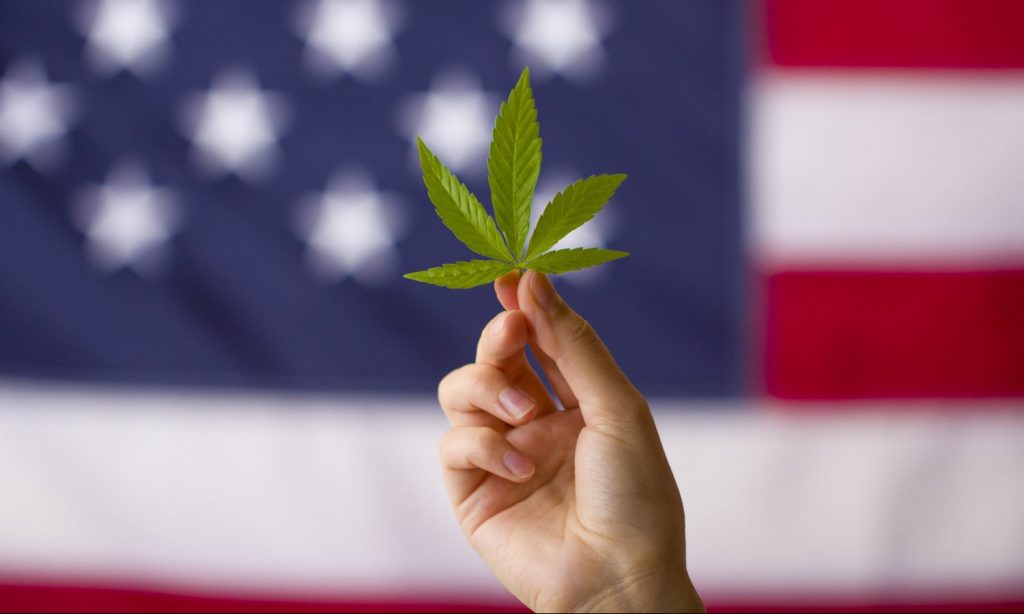
Then there is the cultural aspect of the cannabis world. One makes friends in foxholes, and when getting high. And we also learned who our enemies are. The enemies of freedom.
So the government is going to control the retail sales of marijuana? Look at the messes they are making while supposedly legalizing marijuana in the various states. That should not be a surprise to anyone at National Review.
SEE: Why The US Has Made A Complete Mess Of The Partial Legalization Of Marijuana (So Far)
And we are supposed to trust them? They do not come to us with clean hands. They come to us with blood up to their elbows. They have driven people I know to suicide. They have arrested tens of millions of people and imprisoned hundreds of thousands. They have suppressed science and banned farmers from growing a crop grown by Washington and Jefferson. And they are here to help us?
I know these academics. Nice people. I met them when they came to study us, like explorers from National Geographic discovering strange natives in 1900. And like these other primitives, we are not to be trusted with too much freedom.
So do you expect Americans who have defied the prohibitionist police state to invite them to take the bridge between the public and the producers and we will trust them with our lives? How did that work out last time?
Today American Conservatism is in worse shape than at any time since Bill Buckley started NR. The marijuana liberation movement was one of his most courageous and successful efforts. It is now supported by an overwhelming majority. How can the pages of NR lead Americans to freedom while telling them that they can’t be trusted with the free market for a plant that so many suffered and died for.
SEE: Reefer, Romanism, and Prohibition As Church Support For Drug War Violates Catholic Teachings
Richard Cowan is a former NORML National Director and author of How Do CBD Topicals Work In Our Body?

